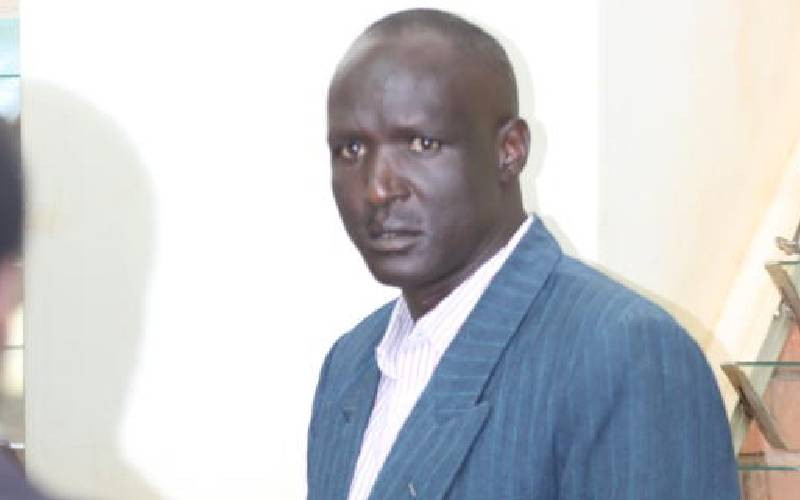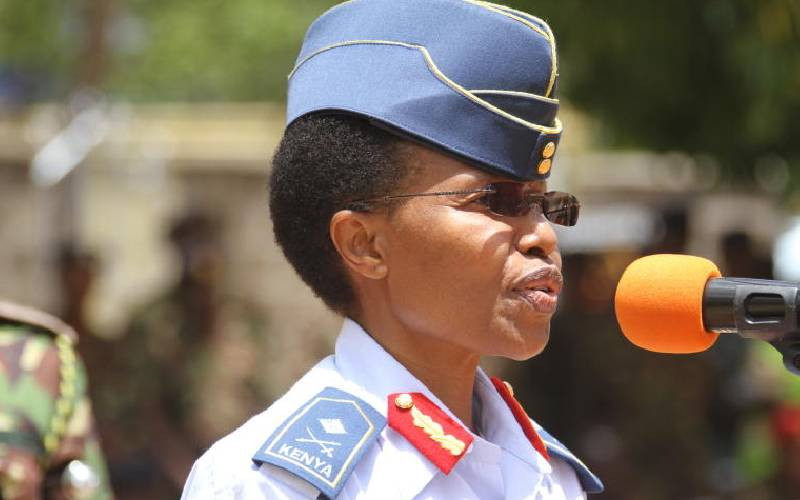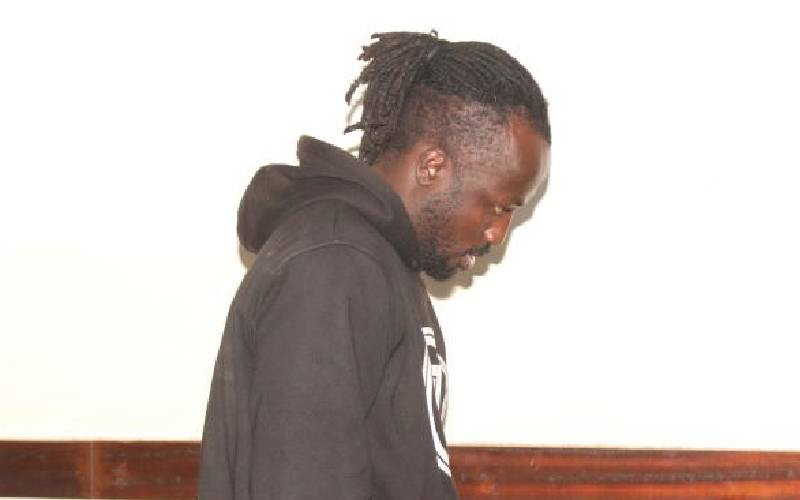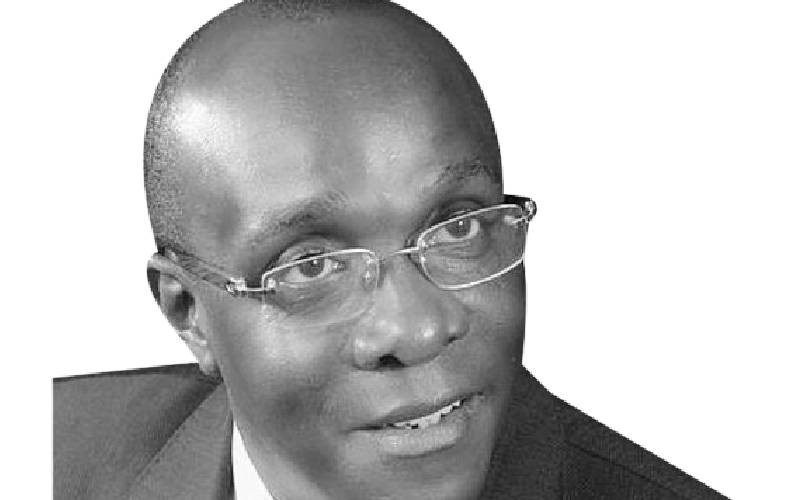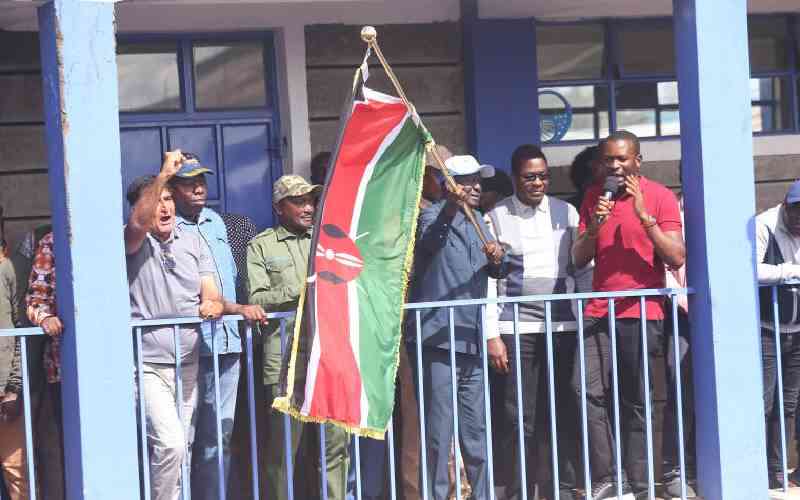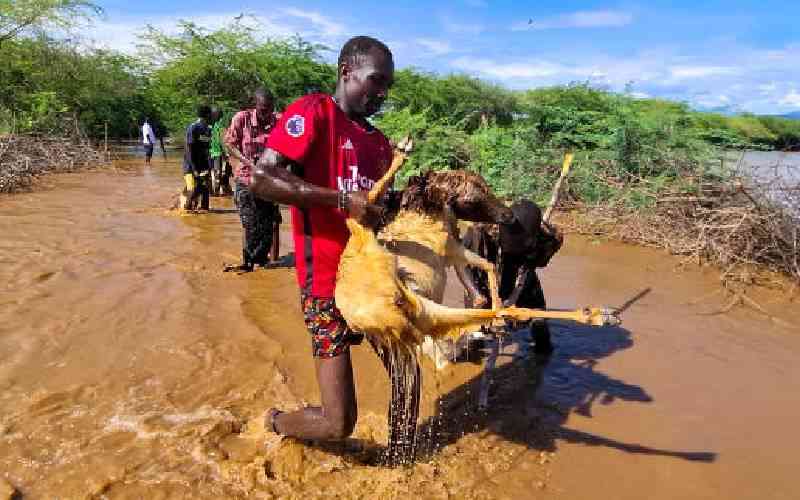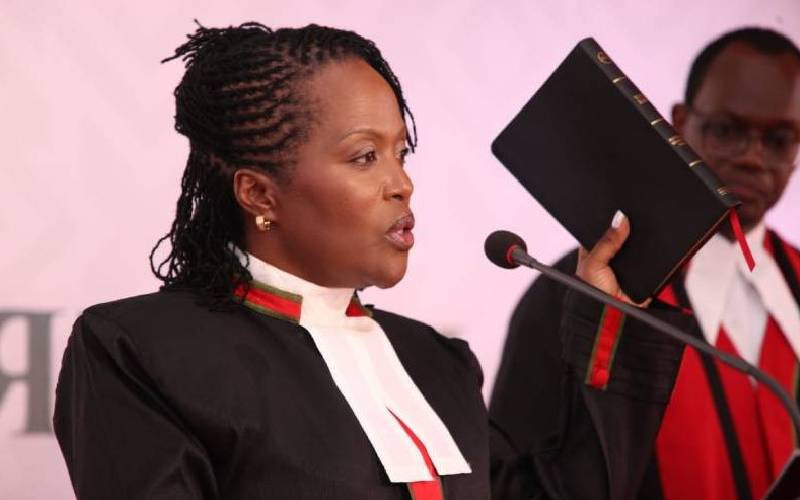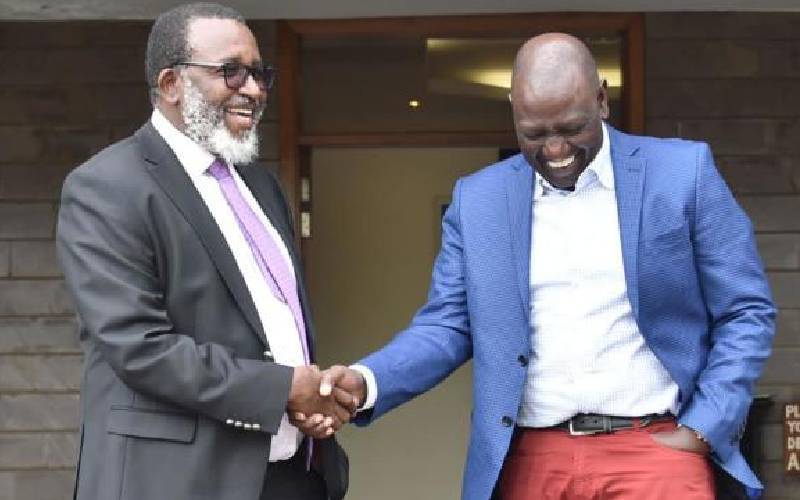By Dann Okoth
At this time of the year Mombasa is usually in holiday mood, as thousands of visitors troop to the coastal city for the tourist high season.
But the shooting on Monday of terror suspect and controversial Muslim preacher Sheikh Aboud Rogo spoilt the party and triggered a battle between police and ‘aggrieved’ Muslim youths.
The mayhem left several people dead and injured and property of unknown value destroyed. Authorities grappled to contain the situation, promising to enforce peace and get to the bottom of murder and chaos that followed.
Since the Kikambala hotel bombing in November 2002, and the abduction and subsequent murder of French tourist Marie Dedieu on Lamu Island on October 19, last year, by Al-Shabaab terrorists, Mombasa has been the focal point in the fight against terrorism.
Some questions
But the bigger concern is how Kenya has handled security matters since it was listed as countries at high risk of terrorists attacks following the devastating August 7, 1998, bombing of the US embassy in Nairobi.
There have been smaller but frequent attacks against various targets, especially after Kenyan Defense Forces launched ‘Operation Linda Inchi’ last October to flush out the Al-Shabaab militants out of Somalia.
In response Kenyan security forces have been on high alert adopting different strategies in ensuring national security. The National Security Intelligence Service, National Counter-Terrorism Centre and other security intelligence agencies have been working round the clock to counter terrorism.
But the killing of Rogo raises more questions than answers, especially given that he was in and out of court several times charged with terrorism.
Although it would be purely speculative to suggest that Kenyan security agencies were behind his killing, one cannot rule out that the authorities may have been frustrated that a man they suspected of being behind terrorists acts and had been even citied by international organizations like the UN, had so frequently been left to go scot-free by our criminal justice system.
But Rogo’s killing also rekindles thoughts of how other perceived terrorists have either met their deaths or disappeared in the recent past. Most notably is Samir Khan. He was abducted in broad daylight in April by unknown people and later found dead 200km in Tsavo East National Park.
Khan had been on the police radar for a long time having been accused of terrorist activities and had repeatedly expressed fears for his life.
In April, Mohammed Bekhit Kassim, also a fiery Muslim preacher and accused of terrorism disappeared – and in May Sylvester Opiyo aka Musa Osodo and Yoqub Musyoka who were linked with the Al Shabaab were kidnapped and disappeared.
Worrying issues
Stay informed. Subscribe to our newsletter
The sequence reads like the hit list from Mossad or CIA notebooks. Indeed some have even suggested US could be involved in taking out the suspects whom they view as threat to their interests.
“Controversial and complicit as they were there is no reason to link western powers to these killings. The Americans will only identify and inform you of the bad elements. It is upon you to deal with them but they would not go to the extent of taking them out for you,” says Charles Olungah of University of Nairobi.
“But look what has happened with the drug barons that we were warned about and were event denied entry to some western countries. Today they go about their business as usual,” he adds.
He says the pattern in the killings resembled the executions of activists Oscar Kingara and John Paul Oulu.
No serious effort
On March 5, 2009, Kingara and Oulu were ambushed and shot as they sat in rush hour traffic in a white Mercedes outside of the University of Nairobi hostels.
The three gunmen, who were dressed in dark suits, escaped in two cars. Critics quickly pointed to elements with the Kenyan security forces and police as responsible for the assassinations.
Olungah notes the security situation is worrying and the coalition government is pulling in different directions.
“The reform in the police is a good with example of the problems bedeviling security apparatus and the theatrics in the appointment of the Inspector General of Police being a case study.
The leaders can go to Bomas and sing as loud as they can about peace and reconciliation but if they cannot put their words into action, this country will remain perched on a precarious ground in so far as peace is concerned,” says the don.
 The Standard Group Plc is a
multi-media organization with investments in media platforms spanning newspaper
print operations, television, radio broadcasting, digital and online services. The
Standard Group is recognized as a leading multi-media house in Kenya with a key
influence in matters of national and international interest.
The Standard Group Plc is a
multi-media organization with investments in media platforms spanning newspaper
print operations, television, radio broadcasting, digital and online services. The
Standard Group is recognized as a leading multi-media house in Kenya with a key
influence in matters of national and international interest.
 The Standard Group Plc is a
multi-media organization with investments in media platforms spanning newspaper
print operations, television, radio broadcasting, digital and online services. The
Standard Group is recognized as a leading multi-media house in Kenya with a key
influence in matters of national and international interest.
The Standard Group Plc is a
multi-media organization with investments in media platforms spanning newspaper
print operations, television, radio broadcasting, digital and online services. The
Standard Group is recognized as a leading multi-media house in Kenya with a key
influence in matters of national and international interest.

